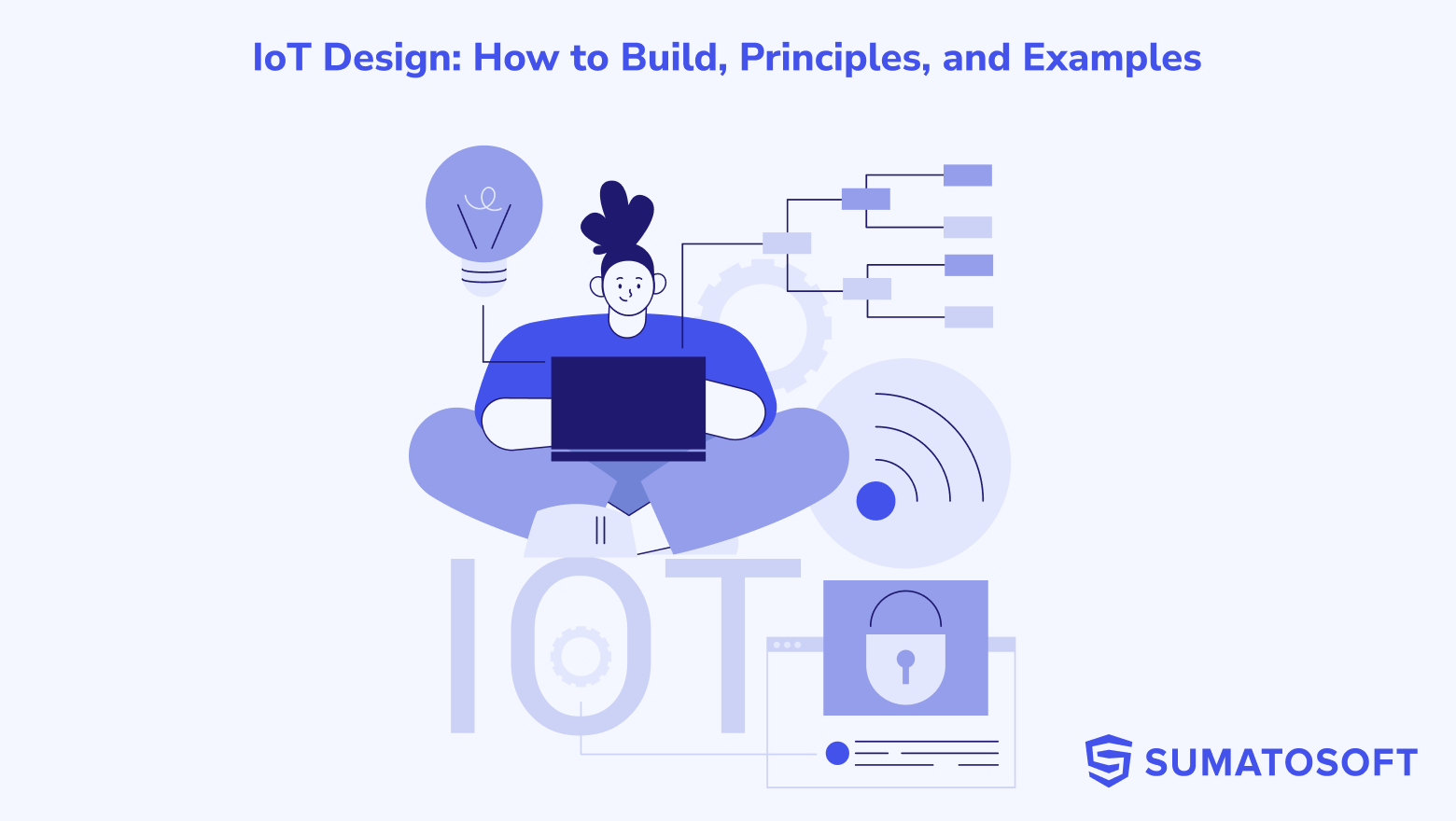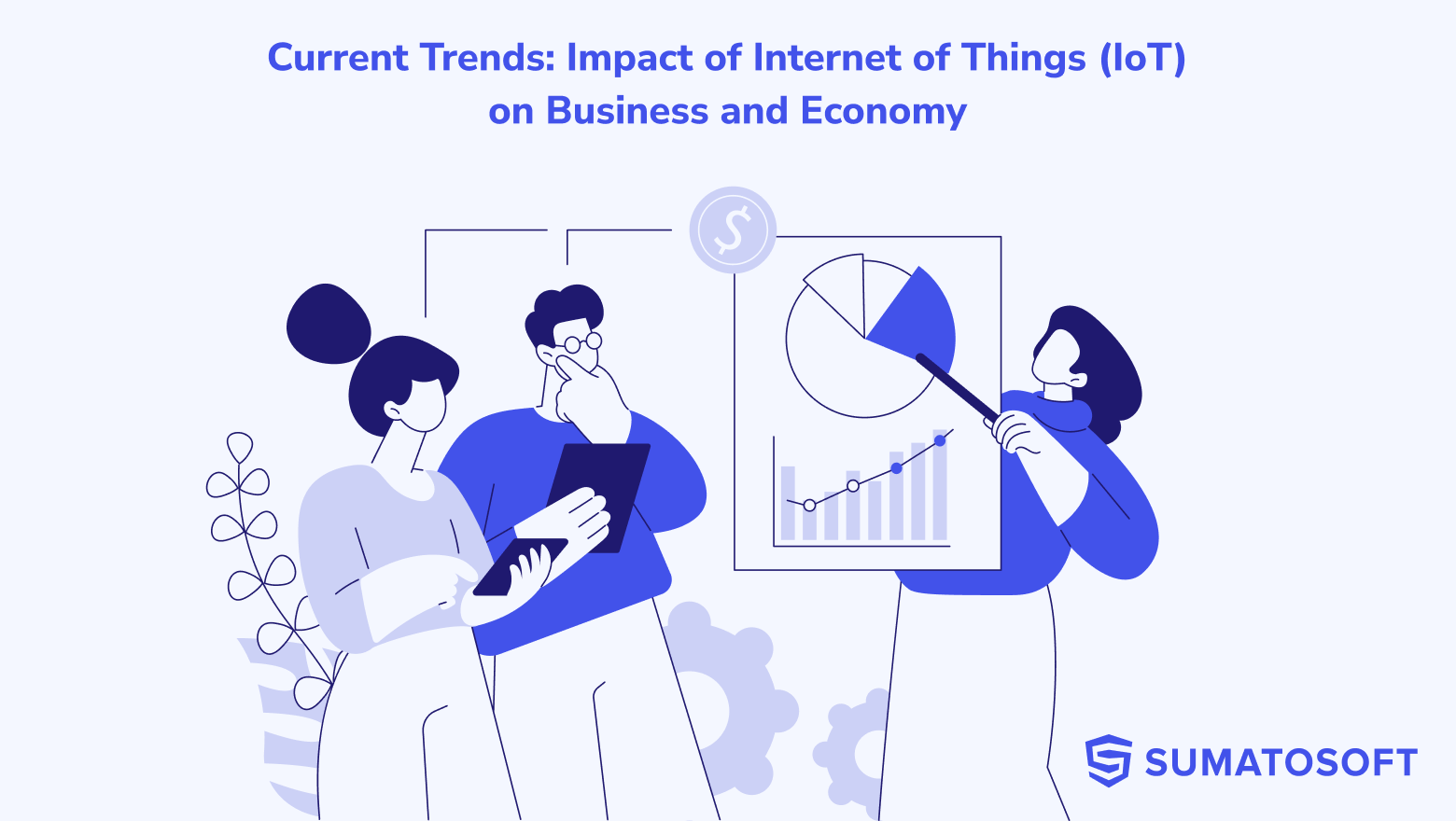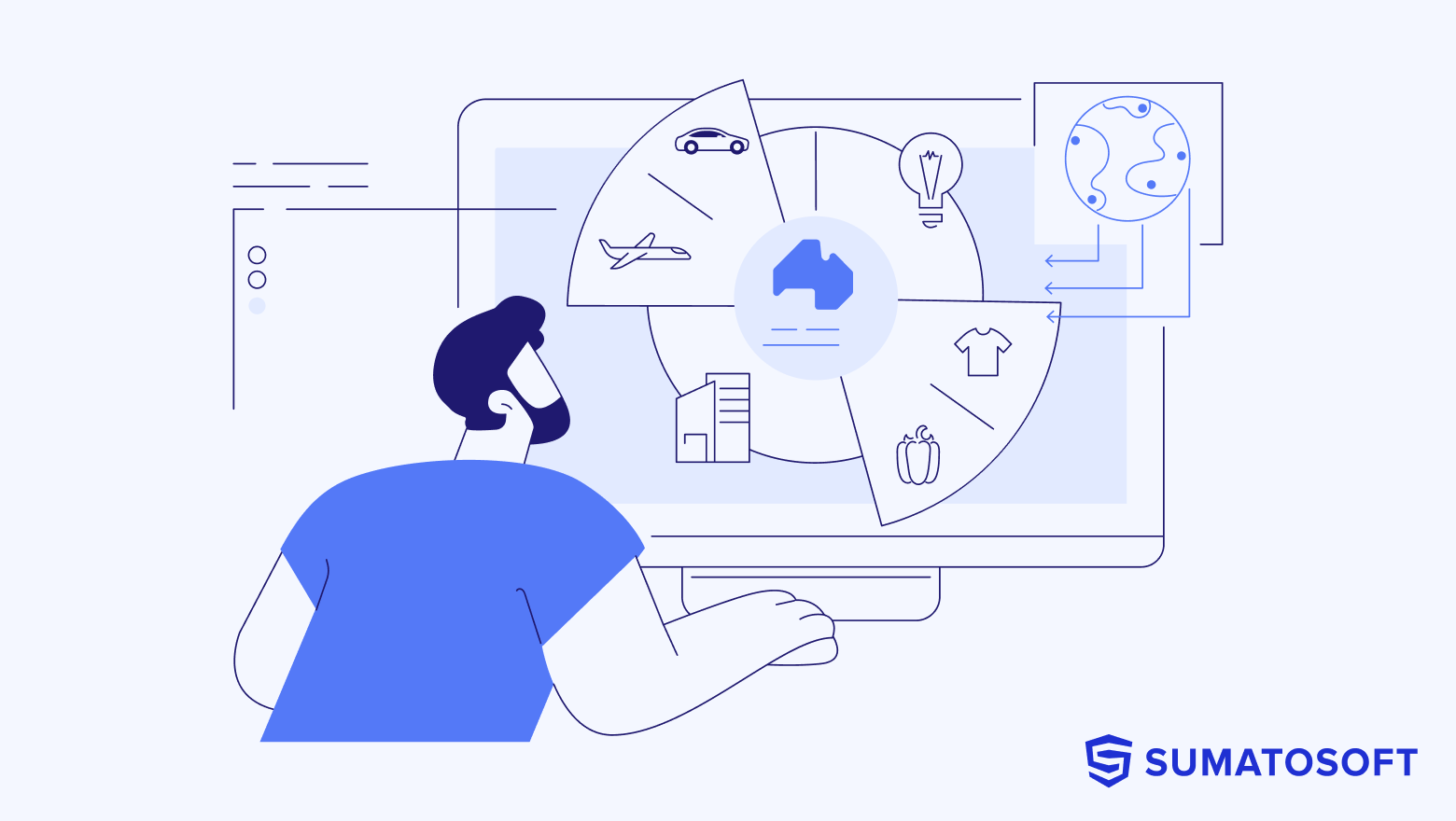Healthcare IoT: Top 5 Trends to Watch in 2026
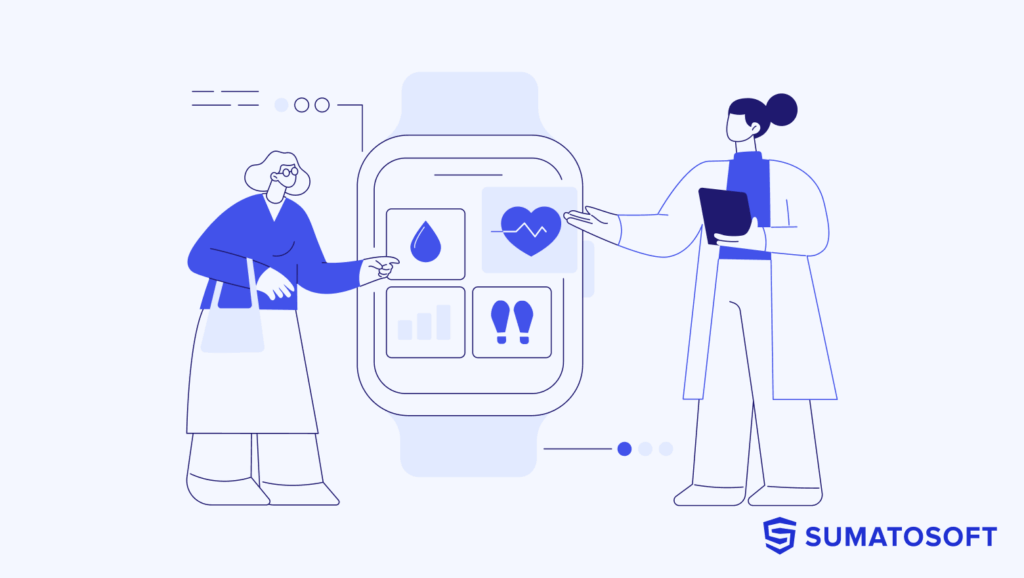
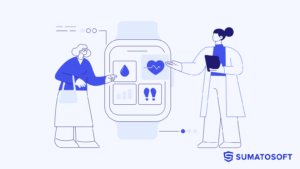
How does the Internet of Things change our lives?
In different ways: autonomous cars, real-time good monitoring, industry 4.0, smart homes and cities. But, in this article, I want to approach this question from the perspective of our health and discuss healthcare IoT trends. As we step into 2026, the intersection of IoT and healthcare is becoming stronger, fundamentally enhancing the quality and accessibility of healthcare.
This article is the first in a series of articles drawn from the extensive whitepaper we wrote about the IoT role in healthcare. We’ll focus exclusively on the IoT healthcare trends in this article and won’t touch on all other related topics since they will be examined in the following articles.
Top 5 IoT Healthcare Trends in 2026
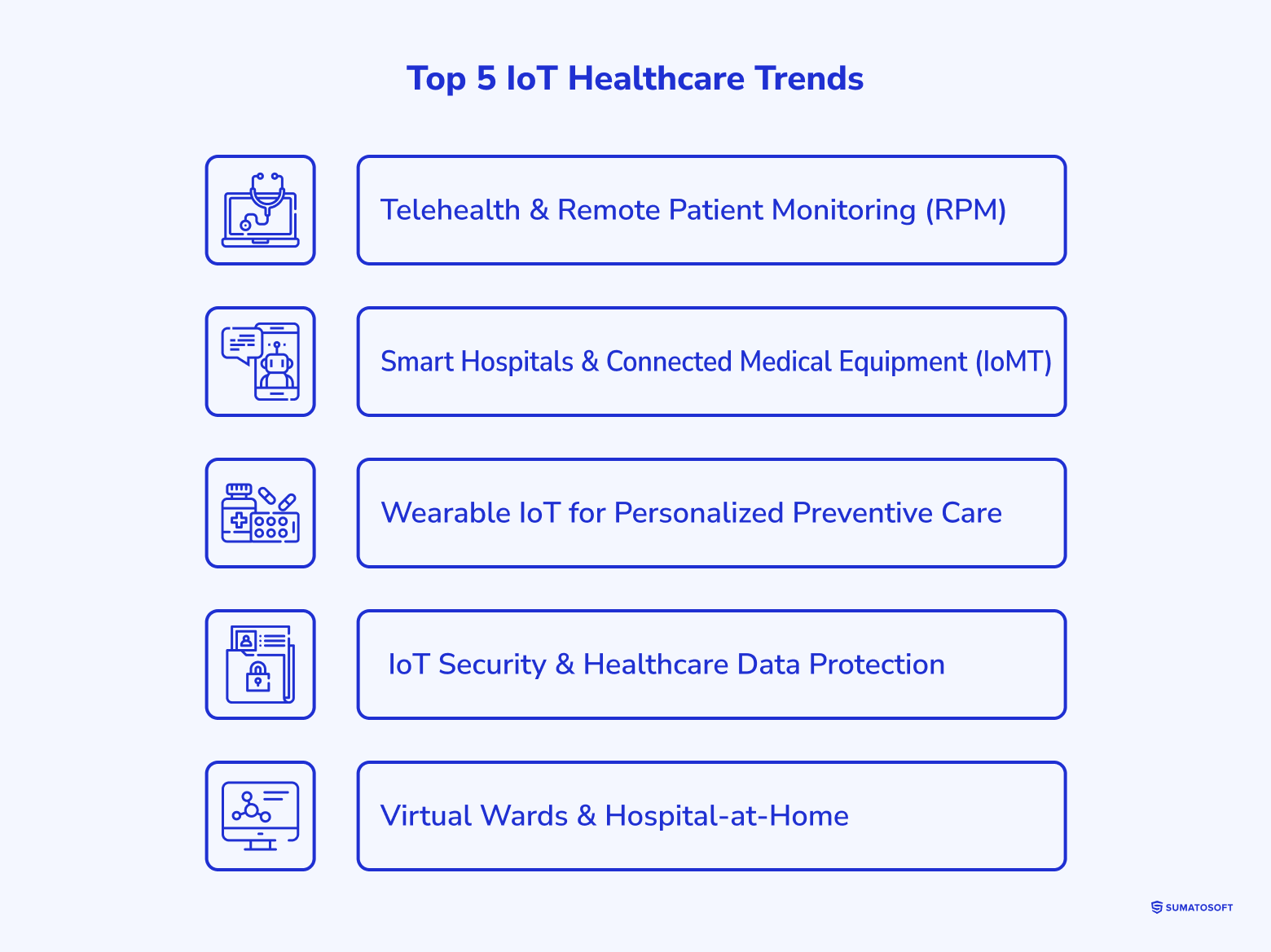
Trend #1: Telehealth & Remote Patient Monitoring – IoT Bringing Hospital Care Home
The most influential IoT movement in 2026 is the fusion of telemedicine with Remote Patient Monitoring (RPM) – a shift from hospital-centric to home-centric healthcare.
IoT sensors, smart medical devices, and wearables continuously transmit clinical-grade vital signs (blood oxygen, heart rhythm, blood pressure, glucose, etc.) to healthcare systems. When paired with telehealth consultations, clinicians can treat patients anywhere, while being closer to their real-time health status than ever before.
This shift solves three of healthcare’s greatest challenges:
- Access – patients in rural and underserved areas finally get regular specialist care.
- Capacity – hospitals can reserve beds for the critically ill.
- Chronic care – heart disease, COPD, diabetes are monitored continuously, not only at appointments.
What it looks like in the real world:
- A heart failure patient wears a chest-patch ECG and smart scale.
- The IoT platform spots a worsening trend and alerts a cardiologist
- Medication is adjusted via video call.
- Heart failure re-admission avoided.
- That’s IoT saving lives – without stepping into a hospital.
Why It’s a Top Trend for 2026
| Real-World Impact | Evidence |
|---|---|
| Exploding adoption of home monitoring | 81% of US clinicians use RPM (305% growth since 2021) |
| Massive patient shift home | 100,000+ UK patients treated via “virtual wards” in a year |
| Chronic disease cost reduction | Up to 70% fewer readmissions in AI-enhanced RPM programs |
| Patients actually want this | 80% of people prefer care at home vs. hospital |
What does this all mean? Let’s explain it in simple words:
Telehealth alone = remote conversation
Telehealth + IoT RPM = remote hospitalization
Tech Already Driving Change
- IoT blood pressure cuffs & pulse oximeters – real-time monitoring for hypertensive + respiratory patients.
- Continuous Glucose Monitors (CGM) – proactive diabetic care instead of crisis response.
- Wearable biosensors (ECG chest patches) – early detection of cardiac deterioration.
- Smart medication systems – dosage logging & automated reminders to ensure adherence.
- IoT fall-detection wearables – empowering independent aging.
“Did You Know?”
- RPM improves independence – over 2 in 3 seniors prefer to stay home longer using remote monitoring systems.
- Hospital care is shifting home – over 350 hospitals in the U.S. now run IoT-powered hospital-at-home programs.
- Doctors can predict emergencies days in advance – algorithms analyze streaming vitals from IoT devices to detect worsening conditions before symptoms appear.
Trend #2: Smart Hospitals & IoMT – The Connected Nervous System of Modern Healthcare
By 2026, hospitals worldwide are evolving into intelligent, fully connected care environments.
The driver?
The Internet of Medical Things – IoT-enabled equipment, sensors, and automation systems that deliver a continuous stream of clinical and operational insights. A combination of this with AI brings us to a new concept – AIoT in healthcare. But it’s not the topic of this article.
Every device matters:
- IV pumps
- Cardiac monitors
- Ventilators
- Smart beds
- Imaging systems
- On-prem robots
All connected. All communicating. All improving patient care at machine speed.
Why Is This Exploding Now?
Hospital leaders face:
- staff shortages
- overcrowding
- increasing chronic disease cases
- rising equipment + operational costs
IoT is solving these problems with actionable, automated intelligence.
Global Impact of Smart Hospitals and IoMT
| Operational Outcome Improved by IoMT | Measurable Gains (Real Deployments) |
|---|---|
| Prevent equipment downtime | 5–15% fewer failures thanks to predictive maintenance |
| Reduce equipment loss / misplacement | ~35% reduction with real-time location tracking |
| Faster patient turnover | ~30% improvement via smart beds + monitoring |
| Lower operational costs | Up to 20% savings in asset-heavy departments |
| Faster emergency response | Instant alerts from active patient IoT monitors |
Instead of guessing what’s happening in the hospital, administrators see it instantly.
IoT Use Cases Transforming Hospitals
- Connected patient monitoring – wireless vital sensors track breathing, cardiac rhythm, and oxygen saturation.
- Smart beds that think – pressure prevention, fall detection, auto-patient repositioning.
- Real-Time Location Systems (RTLS) – track beds, wheelchairs, pumps, staff, and even patients.
- Predictive maintenance for critical equipment – imaging machines notify service teams before a malfunction.
- Smart facility management – IoT-driven HVAC, air quality, refrigeration, disinfection.
This is the hospital as a digital twin – a living system that monitors itself.
“Did You Know?”
- Hospitals now track tens of thousands of medical assets in real time using connected tags.
- Smart ICU patches can detect sepsis hours earlier, reducing mortality risk dramatically.
- Some hospitals already run private 5G networks to power robotics and real-time streaming of clinical data.
- IoT refrigeration systems automatically protect vaccines, blood bags, and organs by alerting staff if temperatures drift by even a degree.
Trend #3: Wearable IoT & Personalized Care – Precision Medicine Moves Into Daily Life
Personalized healthcare can come from IoT-connected devices we wear, swallow, or place in our homes, continuously collecting data unique to each person.
With billions of real-time data points captured from sensors monitoring:
- heart rhythm
- glucose levels
- sleep quality
- activity + mobility
- temperature + respiration
…care plans are evolving from general protocols to individualized prevention and treatment. Doctors finally understand what’s happening between appointments, not only during them.
The Era of Continuous “Me” Data
Traditional care = one snapshot every few months.
IoT care = thousands of snapshots per hour.
This enables:
- earlier detection of disease flare-ups
- personalized medication + therapy adjustments
- behavior-based wellness interventions
- lower emergency admissions
Wearables became useful clinical instruments.
Real Clinical Value: Evidence from the Field
| Personalized Impact | Enabled by IoT |
|---|---|
| Diabetes: prevent hypo/hyper episodes | Continuous Glucose Monitoring (CGM) integrated with insulin pumps |
| Cardiac care: early AFib detection | Smart patches + ECG-enabled watches |
| COPD & asthma: avoid hospital visits | IoT inhalers tracking breathing patterns |
| Elder independence | Fall detection + home-environment sensors |
| Obesity & metabolic syndrome | Activity + sleep correlation analysis for lifestyle guidance |
Healthcare becomes a daily collaboration, guided by personalized data.
Examples Already Changing Lives
- Smart wearables (Apple Watch, Samsung, Garmin medical apps): clinically validated heart monitoring beyond basic fitness.
- CGM + smart insulin delivery: personalized auto-adjustments for diabetes therapy.
- Smart asthma inhalers: detect triggers and help patients avoid attacks.
- Home IoT wellness ecosystems: sleep, stress, hydration tracking for risk reduction.
- Rehab patches + smart prosthetics: adjust treatment in real time based on mobility patterns.
Data from these devices feeds AI, which makes the insights actionable for care teams.
“Did You Know?”
- 30%+ of adults in developed countries already use a medically relevant wearable.
- IoT monitoring can cut cardiac readmissions by up to 70% when paired with proactive interventions.
- Smart hearing aids adjust sound based on environmental IoT context – crowds, wind, quiet rooms.
- Some wearables now capture emotional biomarkers (voice-based stress analysis) to support mental health.
Trend #4: IoT Security & Healthcare Data Protection – Safety First, Data Always
As hospitals, homes, and wearables become connected medical networks, cybersecurity has shifted from an IT concern to a patient safety imperative.
A hacked medical device poses a danger in two ways: it constitutes a data breach and a potential life threat.
It can change a dose. Disable a ventilator. Delay an alarm. And cost lives.
Healthcare is now the #1 most targeted industry in the world, and IoT devices are cybercriminals’ easiest entry points.
Why IoT Raises The Stakes
Unlike software systems:
- medical devices are hard to patch
- many run outdated operating systems
- hospitals often don’t even know all the devices they own
- downtime for updates can put patients at risk
Threat actors know this. And they exploit it.
Real Incidents Driving Urgency
| Risk | Real Example (Global Context) |
|---|---|
| Unsecured IoT medical devices exposed online | Over 1M+ clinical IoT assets discovered accessible without authentication in 2025 |
| Data breaches harming millions | Major genetic health company breach exposed 6.9M users (identity + health info)iot in healthcare |
| Ransomware halting real patient care | Life-critical hospital systems taken offline, delaying treatment |
Today, a single vulnerable infusion pump can compromise an entire hospital network.
What Healthcare Organizations Are Doing About It
- Zero-Trust IoT Architecture – zvery device must authenticate. No implicit trust.
- Network segmentation – wearables is one lane, MRI scanners are another, building systems are isolated, so intruders cannot spread.
- Continuous device monitoring – AI detects abnormal device communication patterns in real time.
- Mandatory patching & lifecycle management – hospitals track: what devices they own; where they are; what OS version they run; when they must be replaced.
- Compliance & regulation rising worldwide: FDA security requirements for connected medical devices, EU Cyber Resilience Act standards introduced, procurement shifting to “secure-by-design only”
“Did You Know?”
- IoT medical devices can be compromised in under 10 minutes if left with default credentials.
- 50–75% of connected assets in hospitals are not traditional IT – but smart medical and IoT devices.
- Attackers increasingly target smart wearables, gaining access to cloud health profiles if unsecured.
- The industry motto is changing from “if breached…” to “when – and how fast we recover.”
Trend #5: Virtual Wards & Hospital-at-Home – The Hospital Comes to You
IoT is redefining where healthcare happens.
Instead of admitting patients to congested brick-and-mortar wards, advanced health systems now send home a kit of connected medical devices:
- wearable ECG patch
- pulse oximeter
- smart thermometer
- Bluetooth blood pressure monitor
- medication adherence sensors
Care teams receive live vitals dashboards. AI detects new risks. Clinicians intervene – before emergencies happen. A great example here is a case about an AI-powered patient management platform.
The result? Patients receive hospital-level care from the comfort and safety of home.
This is healthcare’s greatest structural shift in decades.
Why It’s Accelerating in 2025–2026
Global challenges driving adoption:
- staffing shortages
- aging populations
- chronic disease burden
- hospital bed shortages
- high inpatient cost
IoT is the only scalable solution that lets systems treat more patients with fewer resources – without compromising clinical oversight.
The Measurable Outcomes
| What Improves | IoT-Enabled Results |
|---|---|
| Hospital capacity | 1 virtual ward = dozens of freed beds daily |
| Cost of care | 30–50% cheaper than inpatient admissions |
| Patient satisfaction | 90%+ prefer healing at home |
| Readmissions | 20–70% reduction with continuous monitoring |
| Time to intervention | Device alerts trigger earlier treatment |
A hospital room no longer needs four walls.
Real Use Cases Already Scaling Globally
- Cardiac care – arrhythmia monitoring to avoid rehospitalization.
- COPD/COVID patients – home oxygen + oximetry – fewer ED visits.
- Post-surgery – wound sensors + motion analytics – safer recovery.
- Geriatric care – fall, hydration, and vitals monitoring keep seniors home longer.
- Pediatrics – home monitoring reduces stress and infection exposure.
“Did You Know?”
- The UK has already deployed IoT-powered virtual wards treating over 100,000 patients in a year, reducing hospital pressure dramatically.
- Some U.S. systems treat acute heart failure and advanced pulmonary diseases at home with ICU-grade remote monitoring.
- Patients eat their own food, sleep better, and recover faster – supported by a 24/7 IoT care perimeter.
Virtual wards are projected to handle up to 25–30% of today’s inpatient care within 5 years.
SumatoSoft: A Leading IoT Software Development Provider
SumatoSoft has been building IoT solutions since 2012, delivering custom enterprise software and developing MVPs to startups gain a competitive advantage and improve their efficiency, effectiveness, and profit through business digitalization.
SumatoSoft offers industry-focused IoT solutions for healthcare, retail, manufacturing, smart homes & cities, and automotive domains. Speaking about healthcare, we developed solution for 24/7 glucose monitoring, a mobile application for personalized wellness programs, a medical transportation platform that operates in 26 states of the US, and more.
Every solution SumatoSoft builds comes with excellent security and scalability for future changes in terms of new features, fleet expansion, new users, and increased workload.
SumatoSoft IoT services include:
- all-around IoT applications;
- connectivity management;
- device management;
- data visualization;
- IoT data analytics;
- IoT consulting.
The SumatoSoft team has built 250 custom software solutions for 27 countries for 11 industries. After more than 12 years on the market, the company became a reliable technical partner to its Clients, demonstrating a 98% Client satisfaction rate with the quality of services they provide.
Contact us to get a free quote for your project.
Conclusion
As we wrap up our exploration of IoT healthcare trends in 2025, it’s clear that the intersection of technology and healthcare is more vibrant and vital than ever. From the personalized touch of AI-driven diagnostics and mental health apps to the operational efficiency brought by predictive analytics in hospital settings, these trends are not just shaping the future of healthcare—they’re redefining it.
The advancements in telemedicine, AI in diagnostics, data security, and predictive analytics underscore a shift towards a more accessible, efficient, and patient-centric healthcare system. Personalized medicine, particularly, stands out as a beacon of hope for tailored treatments and improved patient outcomes.
As we look ahead, the continued integration of IoT in healthcare promises to break new ground, offering innovative solutions to age-old challenges. It’s an exciting time in healthcare, one filled with potential and promise, driven by technology that’s not just smart, but also increasingly empathetic to human needs.
Stay tuned for more insights as we navigate the ever-evolving landscape of IoT in healthcare.
Let’s start
If you have any questions, email us info@sumatosoft.com

